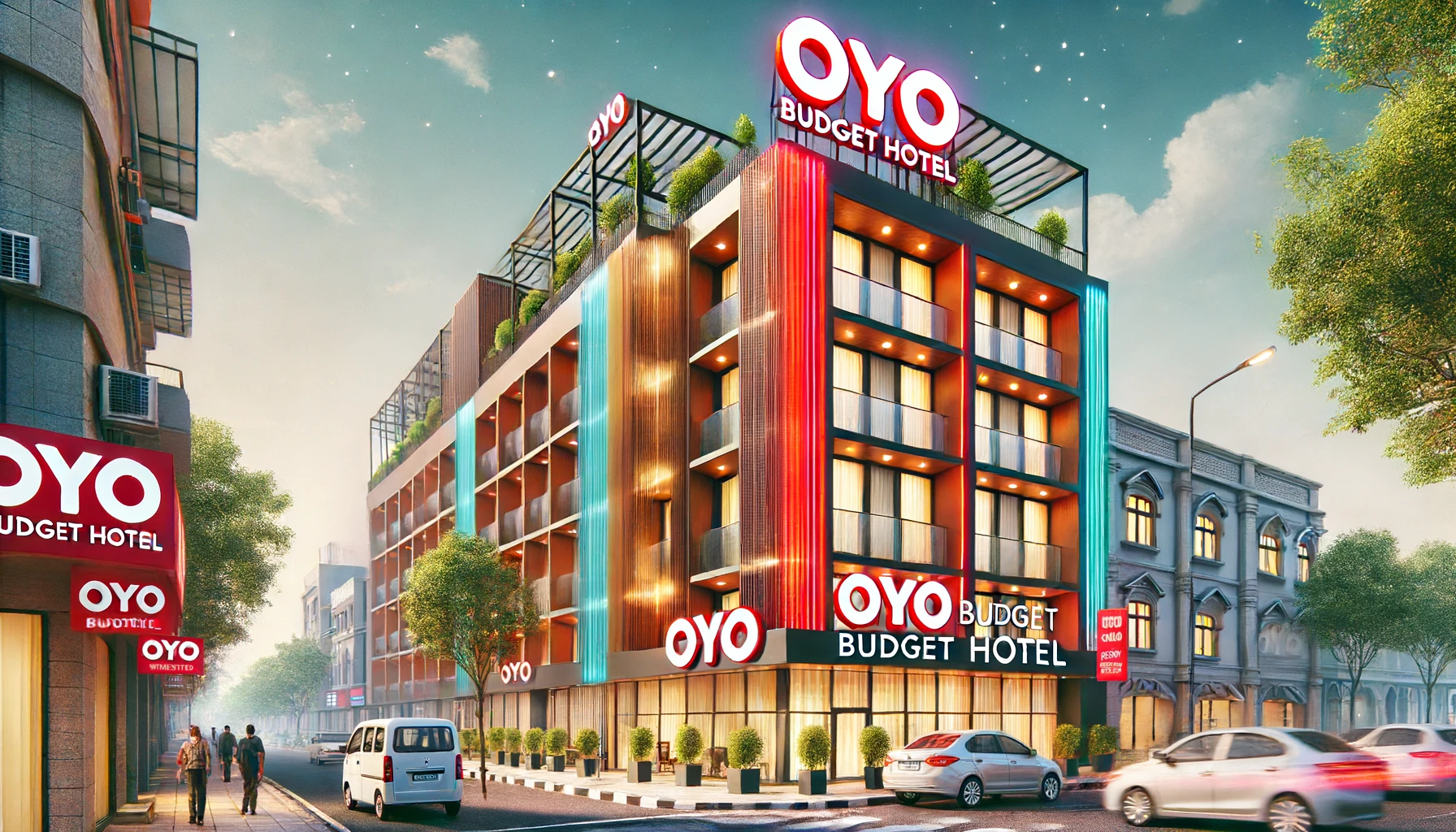Oyo, the Indian budget-hotel chain startup, is on the verge of securing a new round of funding that significantly reduces its valuation to $2.5 billion. This is a sharp decline from its peak valuation of $10 billion in 2019. The funding, expected to be between $100 million to $125 million, underscores the challenges the Gurgaon-based company faces as it struggles to attract institutional investors and instead turns to high-net-worth individuals for capital.
Decline from $10 Billion Valuation
Once hailed as one of India’s most promising startups, Oyo’s journey has seen a dramatic shift. Founded by Ritesh Agarwal, the company initially gained traction by offering budget accommodations with a tech-savvy approach, helping hoteliers manage digital bookings and payments. However, its aggressive expansion into international markets, including the U.S. and Europe, has been scaled back in recent years. The latest funding round, reported by TechCrunch and confirmed by sources familiar with the matter, reflects a significant recalibration of the company’s market value.
In 2019, Oyo’s valuation soared to $10 billion, supported by substantial investments from major backers such as SoftBank, Peak XV Ventures, Lightspeed, Airbnb, and Microsoft. However, recent efforts to raise funds at a $3 billion valuation or lower were met with skepticism. Despite Oyo’s public denials of any valuation drops, the new funding round confirms a valuation of $2.5 billion, a stark contrast to its earlier highs.
Struggles with IPO and Profitability
Oyo’s financial journey has been tumultuous. The company has twice withdrawn its application for an initial public offering (IPO) from the Securities and Exchange Board of India (SEBI). Initially filing in 2021 with plans to raise $1.2 billion at a $12 billion valuation, the company refiled in 2023 but ultimately shelved the plans again. These setbacks reflect broader market challenges and the company’s internal adjustments.
Despite these hurdles, Oyo reported a net profit of $12 million for the financial year ending in March, a notable achievement given its financial struggles. Ritesh Agarwal, the company’s founder and CEO, has remained optimistic about Oyo’s future. In 2019, Agarwal took on a $2 billion debt to increase his stake in Oyo, investing $700 million as primary capital and $1.3 billion in a secondary purchase of shares. The status of this debt remains unclear.
Future Prospects and Investor Sentiment
The recent funding round and reduced valuation come at a critical time for Oyo. From my point of view, this could be seen as a strategic reset, allowing the company to stabilize and focus on core markets. The $100 million to $125 million infusion will provide necessary capital to sustain operations and potentially fuel modest growth.
However, the significant drop in valuation might deter some investors, particularly those who invested at higher valuations. For existing shareholders, this reduction could be concerning, prompting questions about the company’s long-term viability and return on investment. On the other hand, new investors might view this as an opportunity to buy into a potentially undervalued asset, especially given Oyo’s profitability and market presence.
From my perspective, the company’s ability to pivot and adapt will be crucial. If Oyo can leverage this funding to streamline operations and enhance its service offerings, it could regain investor confidence. The shift in strategy from global expansion to consolidating its position in key markets may prove beneficial in the long run.
Conclusion
Oyo’s latest funding round, which reduces its valuation to $2.5 billion, marks a pivotal moment in the company’s evolution. While the decline from a $10 billion valuation is significant, the injection of fresh capital offers a lifeline. As the company seeks shareholder approval for the new funding, it will need to demonstrate a clear path to sustainable growth and profitability. The coming months will be critical in determining whether Oyo can capitalize on this reset to build a more resilient and focused business.






